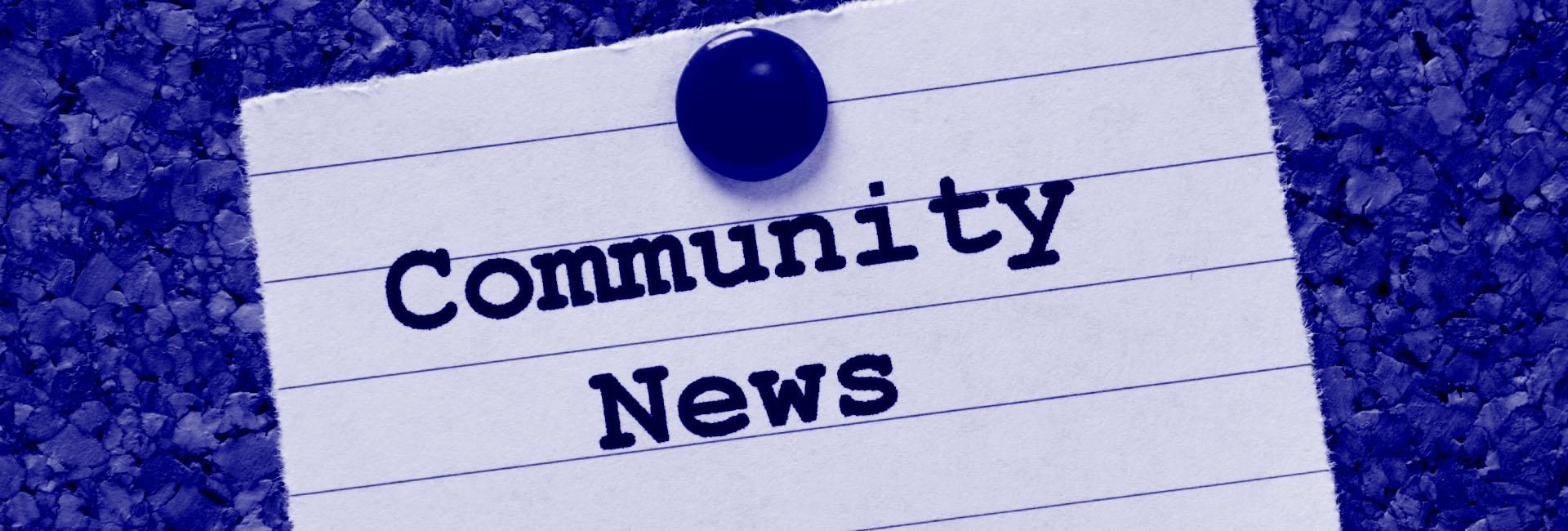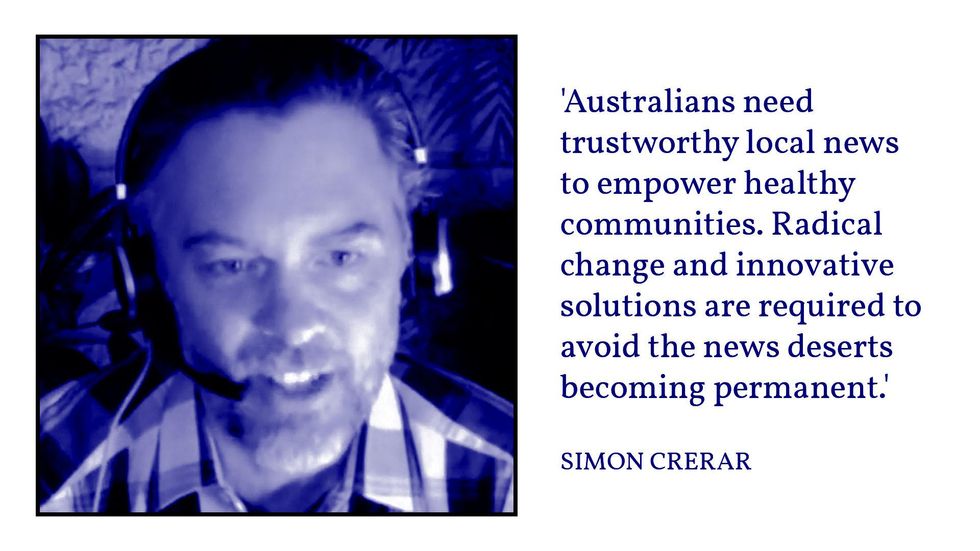The COVID pandemic has sped up the emergence of news deserts across Australia, with concerning implications for good governance and healthy democracy, Simon Crerar, media startup entrepreneur and veteran journalist has warned.
As local news organisations fail commercially, news deserts (communities in which there is no local reporting of events) are rapidly expanding across the world. Crerar, the founding editor of Buzzfeed Australia, with a decades-long career in both print and digital media, said the loss of those local news organisations reduced "the vital reporting of councils, courts, schools and hospitals", which can act as a brake on corrupt practice.
In an online lecture to UNSW postgraduate media students, Crerar set out confronting statistics on the health of the news media in Western countries. He said more than 2000 newspapers had closed in the United States since 2005 and in the United Kingdom, newspaper sales were down by 50 per cent. In Australia, the number of working reporters had dropped by 47 per cent since 2010, he said, as both metropolitan and regional newsrooms have cut staff or closed their doors permanently
In June 2019, prior to the pandemic, the Australian Competition and Consumer Commission estimated there were already 21 news deserts in Australia, with "16 of them in rural and regional areas".
The pandemic may not have created Australia's news deserts but the economic upheaval of the health crisis speeded up the process – 160 newspapers have closed in the past year. In addition, News Corporation announced in March it would stop delivering its metropolitan titles to regional Queensland from late September as a result of the "very high cost" of distribution.
All these closures come as a recent survey of more than 2000 adult Australians by the University of Canberra found 81 per cent accessed local news and information on a regular basis.
The concern is as regional newspapers fold, a disconnect is growing between readers and their local community. For the older generation, even when a local digital news product remains after the newspaper closes, older readers may struggle to access online news.
Crerar sees these closures, and the subsequent reduction in local news coverage directly contributing to the spread of misinformation. While the rise of social platforms – such as Facebook, YouTube and Twitter, where the majority of posts are not fact checked – have assisted in the accessibility of a wide-range of information, they have created filter bubbles due to the use of algorithms which identify a reader's history and create recommendations based on this data.
"It's creating a damaging effect on our societies", Crerar said, citing Brexit and the false claims of electoral victory by former US president Donald Trump as recent notable examples of online misinformation campaigns.
The polarisation, Crerar said, not only distorts readers' world views but causes further isolation within society. He found that on a local level, common societal interactions between those in a community or with their neighbours have been significantly reduced, causing a further disconnect.
Crerar fears for the future of democracy, given the public's growing distrust in journalism. "Australians need trustworthy local news to empower healthy communities. Radical change and innovative solutions are required to avoid the news deserts becoming permanent," he said.
"Journalists are not thought of as trustworthy as a profession", he said. "I think this is a major challenge to journalism because journalism needs to rebuild ... credibility and trust through the practice of journalism, [finding] smart ways of connecting with people, of having people understand perspectives other than their own."
Since leaving Buzzfeed Australia in early 2019, Crerar has worked on developing a more sustainable business model for local news that he hopes will restore power to public journalism. In February, he co-founded *PS Media, which will offer a business model which explores revenue streams through community co-ownership.
"We ask if you want to become an owner, so you will have a stake rather than paying a subscription or a membership," Crerar explained. "You'll pay to own a share of the business and we will allow you to help determine how we distribute our profits." For content, he says the emphasis would be on solutions-focussed public interest journalism from reporters who understand their local communities.
"Journalism has a vital role in trying to keep society cohesive," he said. "We want to be local because this is where we believe the biggest issue is in terms of lack of media diversity."
Additional reporting by Yuan Xiao, Mia Wang and Monalisha Bhowmick
Surya is a Journalism postgraduate student at UNSW. With a background in creative media, you can find him making music or shooting films. If not, he's having an existential crisis about the world next to a cup of coffee.
Wen is studying a Master of Journalism and Communication at UNSW. She advocates body positivity and women's rights on the grounds of gender equality.







Afraid of an egg: the tyranny of living with social media's body standards